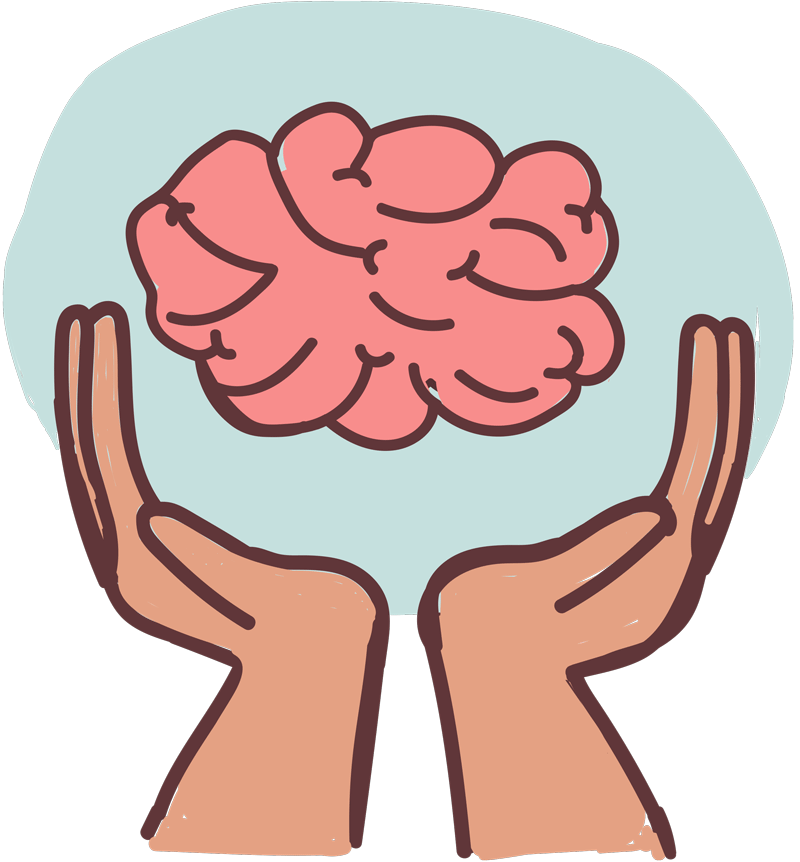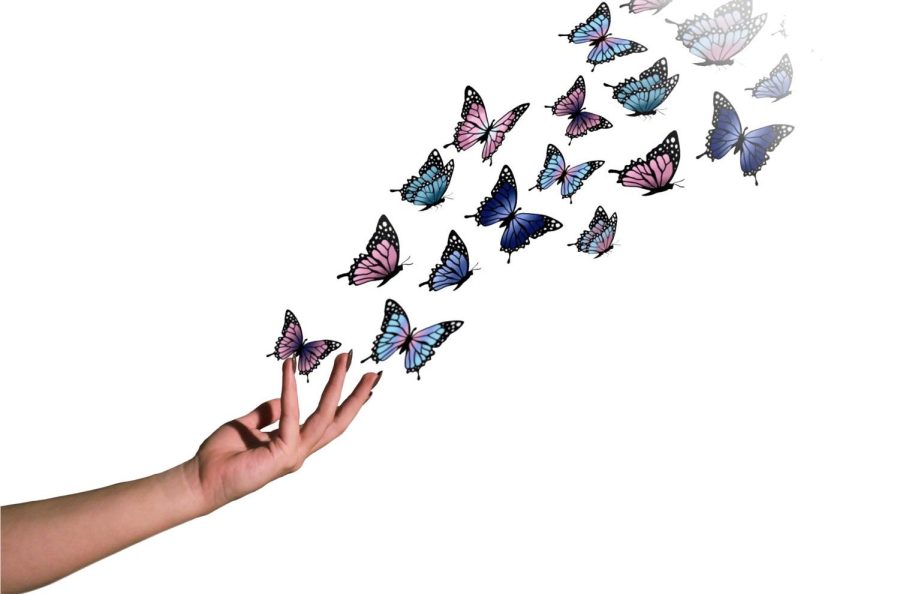Being in a situation where basic amenities are not readily available is easily imaginable. Clothes that were once plentiful are now scarce. Shoes have been abandoned. The closest thing to a shower is when the sky opens and the heavens rain down. Fruit, nuts and pig are a gourmet meal. Grabbing fast food is a thing of the past. Isolation from society begins to fatigue the brain. It is only a matter of time before the human brain exhausts itself to the point of no return. These scenarios can possibly occur anywhere from a third-world country to a Midwestern small town. Regardless of where this may occur, no one knows which will be the true cause of the end of a life: the absence of hygiene, food or sanity.
The effects of not bathing may seem straightforward: blemished skin, dirty hair, body odor and much more. But, how does one get to this point and what are the repercussions?
Most of today’s world is actually quite clean. According to The Atlantic, over 70 percent of Americans shower once a day. This may be too much for the body to handle. Showering too often strips the body of its natural oils, causing dry skin and straw-like hair; however, not showering enough can prove to have worse impacts on the body than showering too often. A lack of personal hygiene results in a buildup of bacteria on the skin causing acne, rashes and other skin conditions. In the extreme, the absence of bathing can cause a skin condition called dermatitis neglecta. Dermatitis neglecta develops as scaly buildup that appear as black spots. Even though the condition can spread to all parts of the body, the cure is simple: take a shower. The solution to this skin condition may seem easy, but with very limited resources, one could have to deal with this irritating disease for the rest of their life.
Separation from society does not only affect organs on the outside of the body, but also organs on the inside. The stomach requires food and liquid, which may be scarce in this situation. One cannot simply grab a granola bar, warm up some leftovers or take a quick trip to the McDonald’s drive-thru. Those deprived of food would have to be creative and bring out their inner survivalist. No matter how skilled one is in minimal survival, food is a source of energy; without energy no creature is able to stay alive.
Everyone has different limits depending on one’s age and body weight, but there are general numbers that explain the human body’s necessities in regards to food. The human body can last about two months without food, but only about a few days without fluids, explained by Liz Weinandy, a registered dietitian at Ohio State University. The physical pain of hunger may be unbearable to some, which coincides with what is happening on the inside.
“The stomach is not getting enough nutrients to provide to the body,” exercise physiology major Haileigh Tetzlaff said. “The stomach will physically shrink and will not be able to stretch as much as it used to.”
When the human body does not receive enough nutrients to provide for itself, other functions in the body also begin to slow and shut down, including the brain.
One’s mental state alone in certain situations can determine the outcome of any situation, which is why one’s mental state can play a large role in their survival. Between the absence of authority, food shortages and lack of technology, the mind could spiral.
According to Edge.org, humans are naturally social creatures. Humans crave daily social interaction; so, when that social interaction is taken away, all sorts of repercussions can occur. The loss of social interaction causes the brain to The loss of social interaction causes the brain to enter a “fight-or-flight” state, making it difficult for one to sleep. As cognitive function declines, control of behavior is lost, the possibility of suicide and self harm increases and the brain begins to hallucinate.
“Without a social situation to stimulate it, your brain may subconsciously start coming up with things to stimulate itself,” sophomore Simon Hasik said. “That would result in what we, on the outside, see as going crazy.”
Abandonment may not necessarily mean one is alone. One could be stranded with others, who may be just as clueless as they are.
“I believe that it would not come down to a matter of my personality, but the [personalities] of the people I would be interacting with,” Hisik said.
Loneliness is often given a negative connotation, but it may seem like the better option when one’s acquaintances are no help.
It may seem like these scenarios would only occur in extreme circumstances, but they may be closer to home than one may think. A lack of hygiene and a declining food supply may make survival, or even just a comfortable living situation, seem far fetched. The mental impacts of isolation and seclusion do not increase the chance of survival, but, whether it’s skill or pure luck, survival can become a possibility.









![The Black Lives Matter movement has become a growing trend in recent years. "Everything people post on Instagram and everything [related to] politics is a trend now" sophomore Kelsey Aviles said. Despite how serious of a topic it is, some individuals post about BLM specifically because it is trendy.](https://www.sequoitmedia.com/wp-content/uploads/2020/12/Untitled-Artwork-3-900x318.jpg)